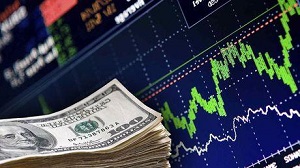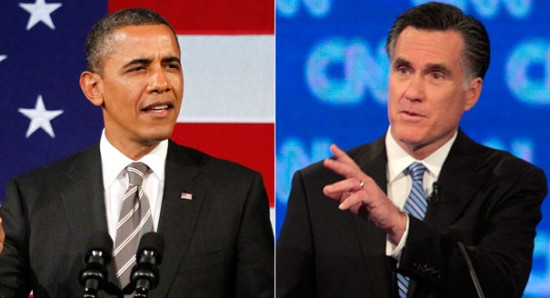The banking industry promotes the idea that money stored in cash instruments (such as saving accounts, CDs, and money market funds) is safe money and a riskless financial strategy. But it is not true. Cash, like every other asset class, has risk.
On Saturday, Ted reads an article in The New York Times predicting that the president’s new tariff plan will decimate international commerce. Sunday morning, he reads a WSJ article pointing out that the stock market is dangerously overvalued with an average P/E ratio for the DOW of 25. At noon, he reads an essay by an economist he admires that points out that US debt is now higher than it has ever been.
He goes to bed feeling uneasy.
Monday morning, he calls Joe, his stockbroker. “What’s going on with the market?” he asks.
“You’ve seen the numbers?” Joe replies.
“What numbers?”
“It’s down.”
“How much down?”
“About 10%.”
“Is that bad?”
“It’s not good.”
“And my account ?”
He hears the tapping of fingers on a keyboard. “You should be relatively okay,” Joe says. “Your portfolio is very conservative.”
A bit more tapping. Then, “You are down just a bit more. Around 11.5%.”
“Shit,” Ted says. “I knew this was going to happen. What do you think I should do.”
“That depends on how you feel about the future. Our analysts believe this is a dip in a long-term bull market.”
“I don’t believe that,” Ted says. “Sell.”
“Sell everything?” Joe asks.
“Everything.”
“And do what with it?”
“Just leave it in cash.”
The tapping again.
“Okay,” Joe says. “You are out. Your money is sitting in cash.”
“Good,” Ted says “I feel better.”
“Then you made the right decision,” Joe says. “What could be safer than cash?”
READ MORE


